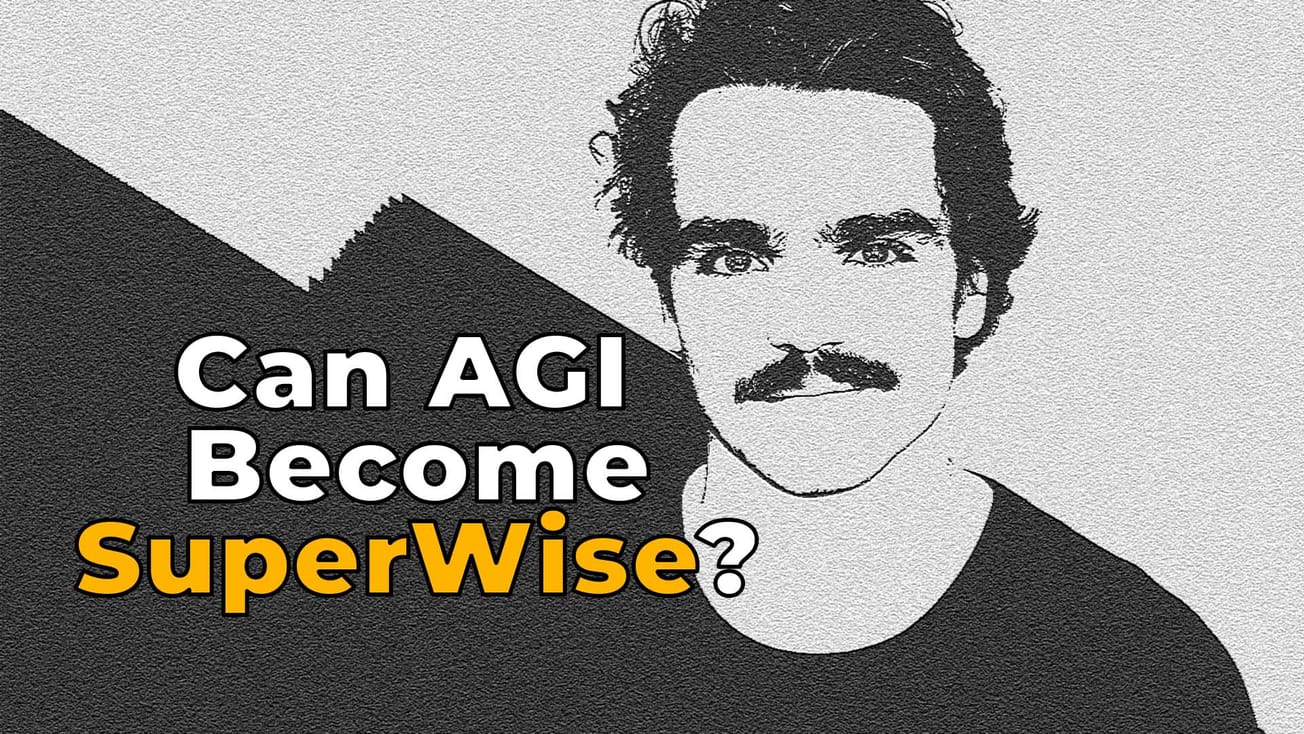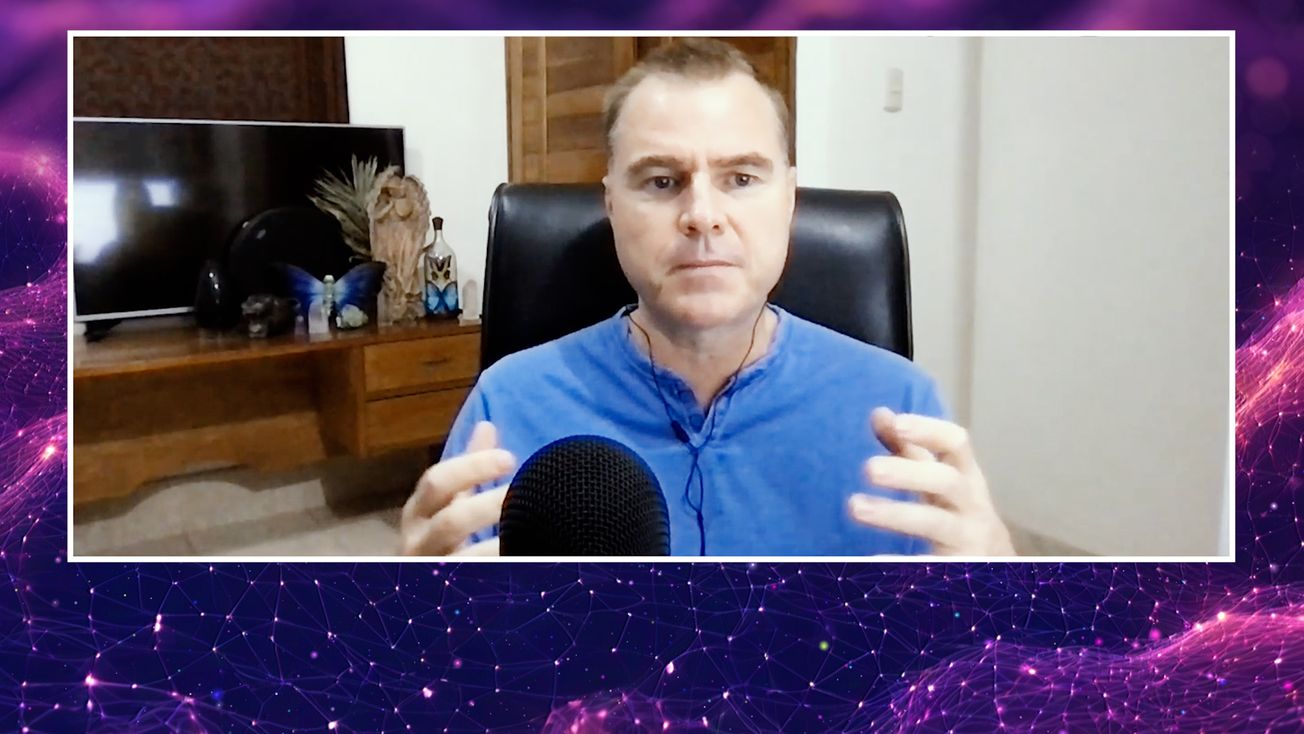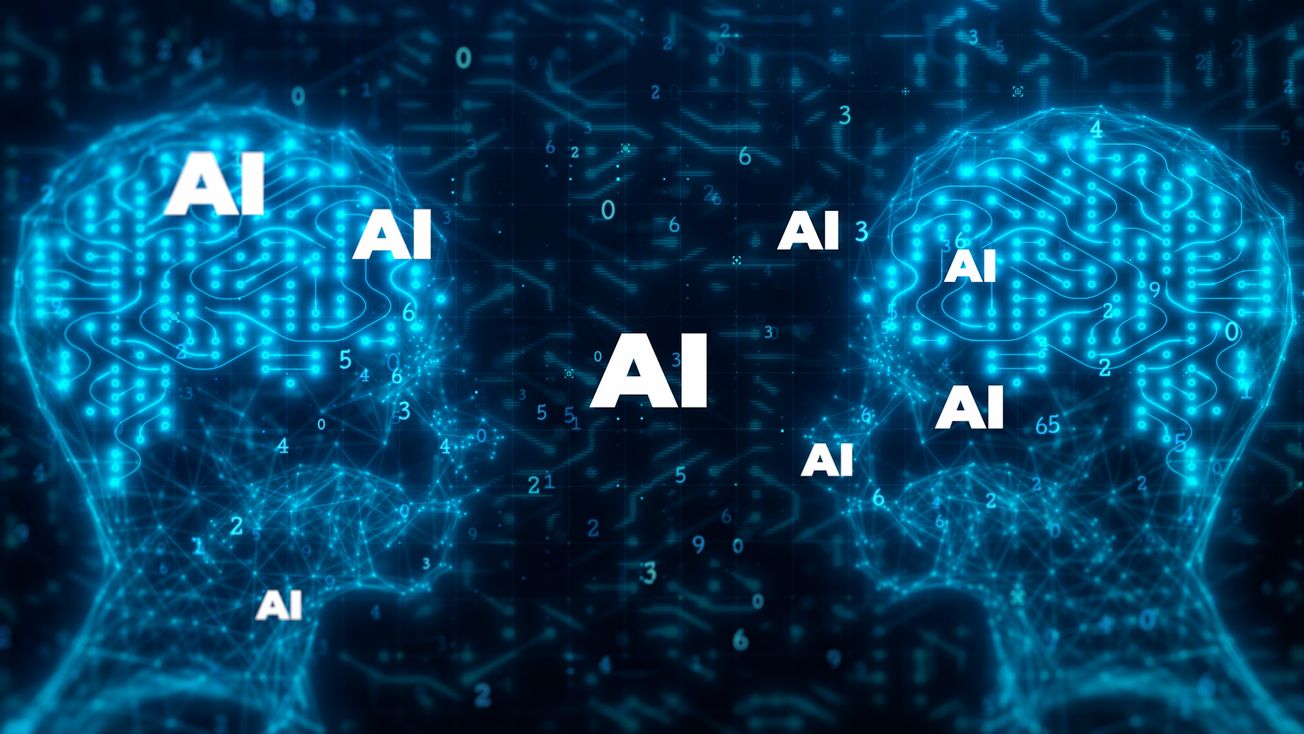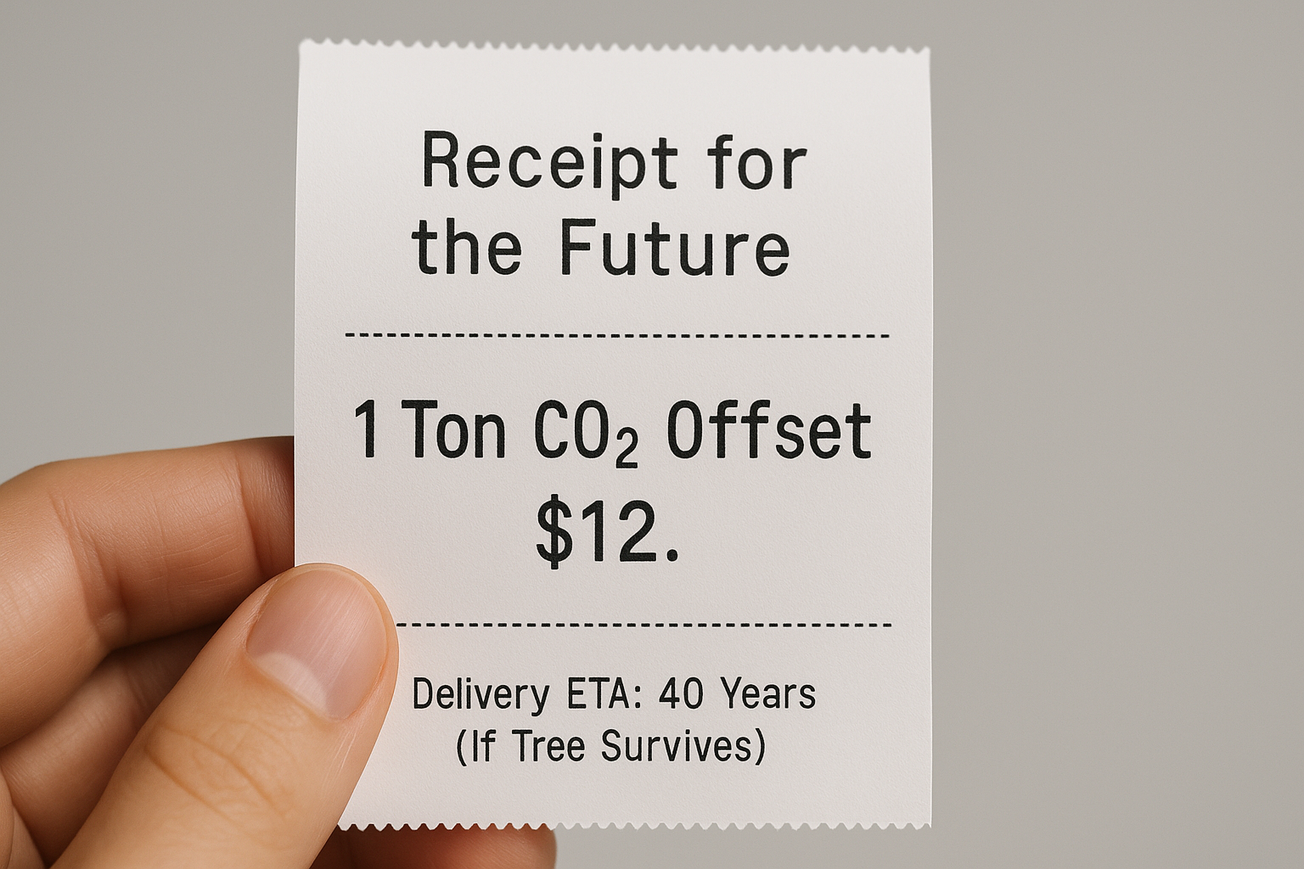Image: Ai Rendering with DiffusionBee by Stable Diffusion.
As long as hierarchical top-down decision making structures continue as the organizational norm, more actions like the sudden and temporary removal, subsequent employee protests and reinstatement of Sam Altman and Greg Brockman from OpenAI are sure to occur across industries. With AI, the use of these structures becomes more critical as they design and guide how humans and AI interface.
If AI development is under the supervision of these hierarchical structures, that limited use of board action will continue to be the norm for decision making processes. But self organizing principles can be used to remove the bias of a few decision makers, and make sure the processes and guidelines are in place for AI to be inclusive of all stakeholder voices and perspectives.
In this episode of Benevolent AI, we examine whether self organization could better inform and lead the AI in effective decision making processes that are inclusive of varied perspectives, collective needs and all voices in an organization. How can the AI developers be incentivized to self-organize and design based on those principles for inclusive decision-making systems.
Nestr.io Co-Founder and organization development expert Joost Schouten points out that OpenAi failed to integrate all perspectives into effective decision making and instead expelled voices that if included could have led to a better outcome.
It's still in testing stages, but Joost said that self organization can be a set of tools used to create boundaries to function within, providing a set of rules and some guidelines for people to come together to work in pursuit of purpose. His hope is that AI will do the same by using decision making processes that serve collective needs.
Self organizing systems such as Decentralized Autonomous Organizations (DAOs), collectives and teams are a microcosm and training ground for creating rules, guidelines, principles, systems for managing decisions, resource allocation, power and legitimacy, topics and questions that are coming up fast and strong within the AI environment.
Host Ryan Merrill examines how self organization principles can inform the development of AI, and highlights the challenges of hierarchy in AI as well as inclusiveness and representation in self-organizing systems.
The conversation delves into AI's role in managing systems of accountability, transparency and the empowerment of humans as referees, to manage AI agents.
The vision Nestr.io is striving for is built on the belief that self organization is a tool to create the boundaries for AI to function within but also the blueprint to do it effectively.
Joost says that the AI tools can help craft organizational governance and sharpen it so that it knows the entire set of roles, accountabilities, policies, and worked into the AI design. Right now it can create a proposal for a needed but vacant role and prompt a proposal. It could be created automatically but because personal accountability is important, it merely suggests the role and human interaction to fulfill the task. In the future, it could be automated based on shared agreements to use AI agents within roles to pick up a project and write a blog post for example. So a human is still accountable but agents help with the work.
They explore the question, how can AI help create the context in which a human referee can provide effective oversight or guidance to AI agents at scale and discuss the impact of self-organization principles and the potential for building more inclusive and representative organizations.
Joost supports organizations in their pursuit of self-organization in a few different capacities. He is a partner at Nestr.io, PowerShift Capital, Energized.org and supports multiple DAO’s in getting work done in a decentralized environment.
He has worked for more than two decades to help people do work they care about, initially by supporting people to better assess & utilize their passions/skills through self-organization. Now he is primarily focussed on the systemic power shift needed in our organizations to make them purpose driven. In different capacities he works on upgrading legal, capital & incentive structures and decision making processes so that people and organizations can create the impact they desire effectively and at scale.














